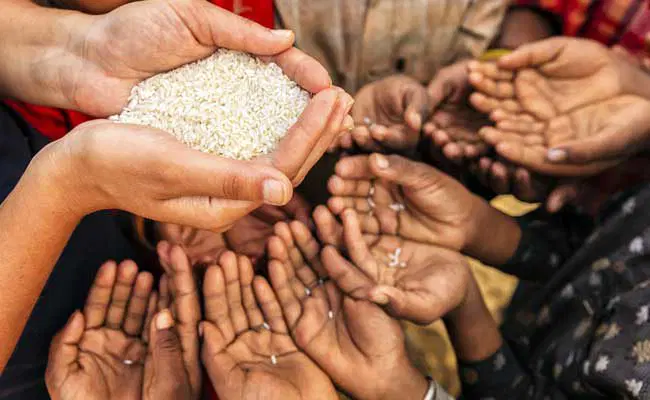As a direct result of Russia’s invasion of Ukraine, the International Monetary Fund (IMF) has cautioned Nigeria and other Sub-Saharan nations about hunger-related social unrests, which, when paired with inflation and mounting debt, constitute a serious threat to regional economic growth.
As a direct result of Russia’s invasion of Ukraine, the International Monetary Fund (IMF) has cautioned Nigeria and other African nations about the potential for future societal unrest linked to starvation.
Its Sub-Saharan Africa Regional Economic Outlook, which was unveiled Tuesday in Washington, DC, USA, included this information.
It is estimated that over half of Africa’s wheat imports come from Russia and Ukraine.
Raising food prices will harm the most vulnerable and could exacerbate societal tensions, especially in unstable and conflict-affected governments, according to Mr. Abebe Selassie, Director of the African Department, who gave a virtual briefing to the media. In the Sahel, food security is already a major concern.
The social and economic legacy of the pandemic, increased security risks, especially in the Sahel countries, and tightening monetary policy conditions in advanced economies in response to rising global inflation are just a few of the region’s most pressing policy challenges that could be made worse by this crisis on top of another crisis.
While there was limited leeway, Selassie, who briefed the media on the forecast, pointed out that African policymakers had to move quickly to solve the problems of hunger-related societal unrests, mounting debt, and high inflation.
The director observed that while it appeared that Sub-Saharan African nations were starting to recover from the extremely challenging economic circumstances they had faced in 2020 and 2021 at the beginning of 2022 and even a little later in this third year of the pandemic, the majority of the region was, regrettably, experiencing a significant setback.
“This follows,” he said. Naturally, the Russian invasion of Ukraine has had an impact on the world’s commodity markets and is a major blow to the world economy, particularly for the majority of Sub-Saharan African nations.”
“The most vulnerable individuals in the most vulnerable nations in Sub-Saharan Africa will suffer greatly as a result of this most recent disaster. Naturally, the invasion has caused a worldwide economic shock that is striking the region at a particularly trying moment, leaving many nations with little room for policy.”
Most immediately, a number of nations rely heavily on wheat imports. A significant amount of direct imports from Russia and Ukraine will also be influenced by some sourcing.
In addition to raising the cost of production, harvesting, and the provision of goods and services, rising fertilizer and oil costs will also significantly lower living standards in many nations.
“Inflation pressures in the region are being exacerbated by the strain that rising oil and food prices are placing on the external and fiscal balances of many commodity-importing nations.”













